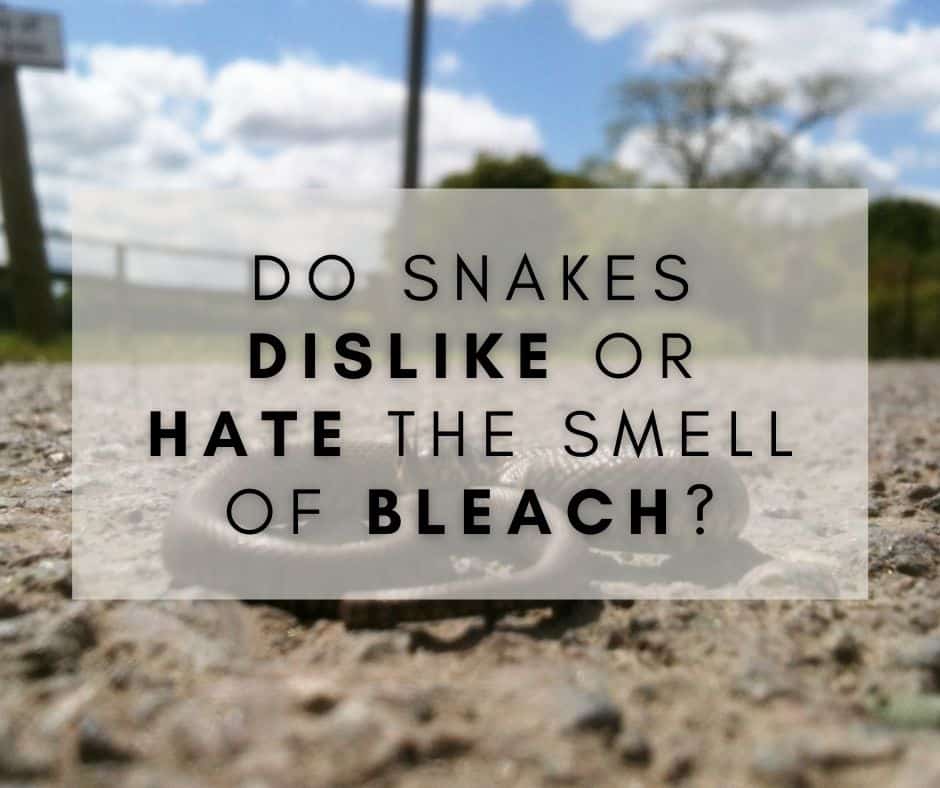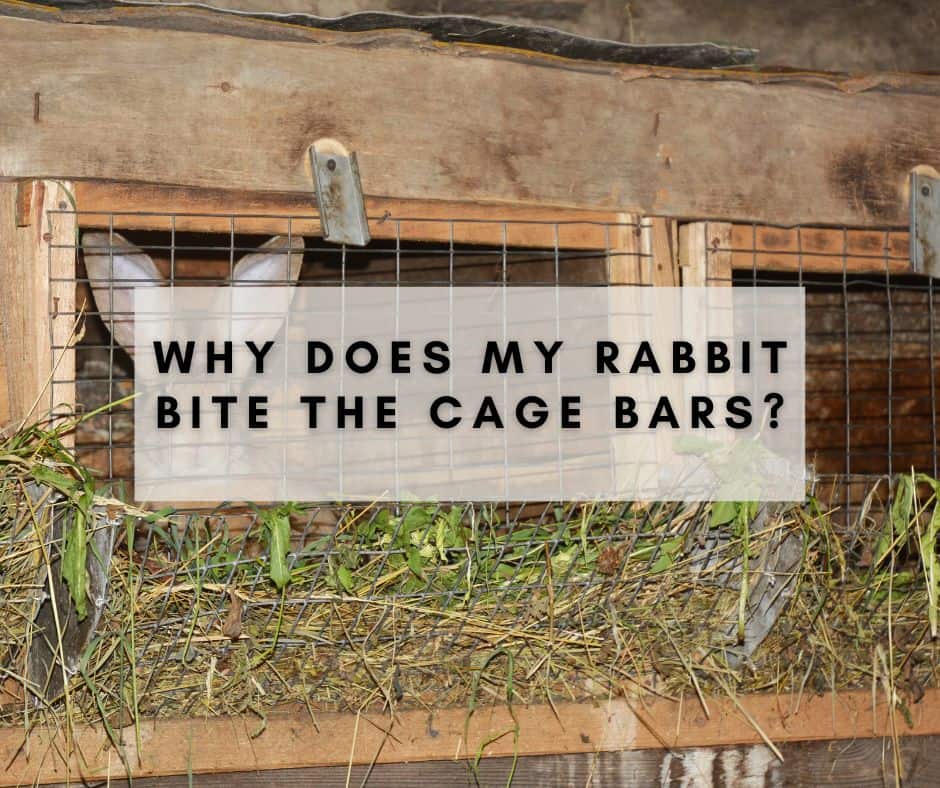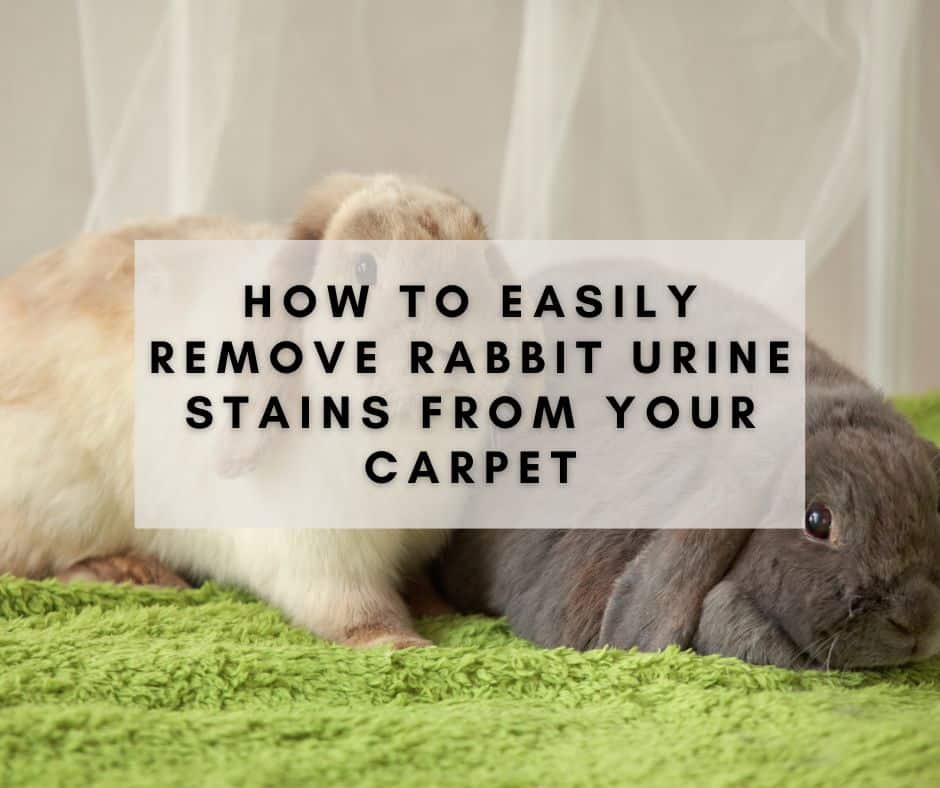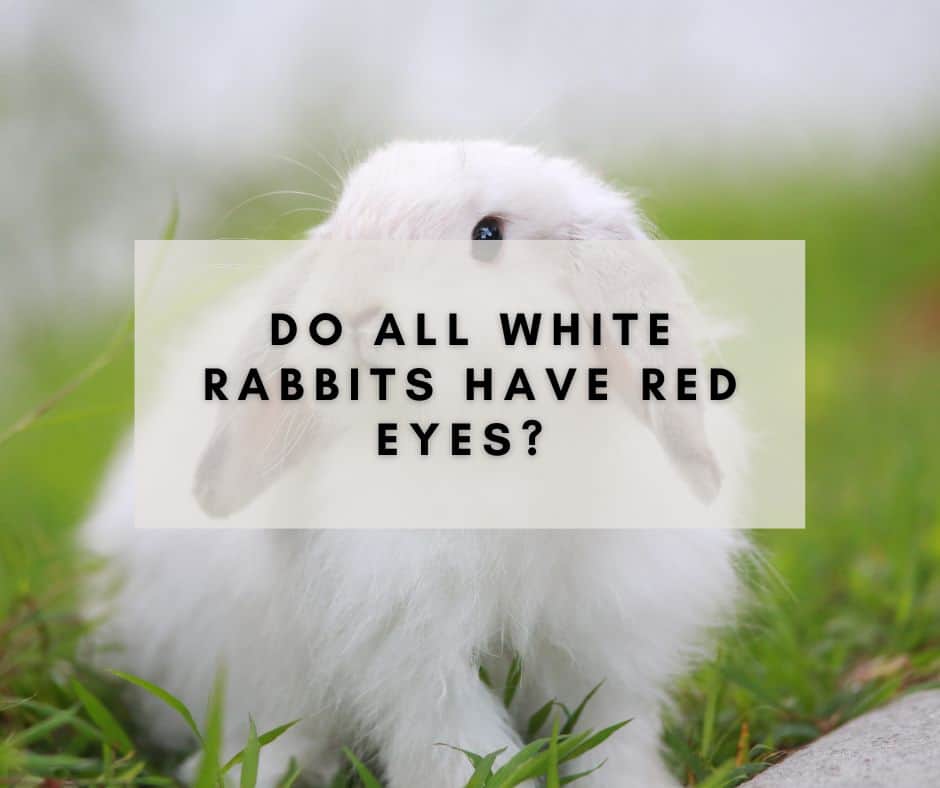Bleach is a strong, colorless gas that is extremely soluble in water. Bleach poisoning can be caused by ingesting or inhaling the chemical.
Furthermore, the ammonia gas or bleach may cause the snakes to die. The stench of bleach repels snakes.
Yes, it is certain that snakes hate the smell of bleach, because bleach has a strong odor, it is often hazardous to get snakes close enough to kill them. Snakes dislike the smell of carbolic acid, bleaching powder, and other household chemicals, thus utilizing them around the house can limit snake influx. Snakes primarily bite only when provoked. To keep snakes away, soak a cloth in bleach and store it in an open bag near any snake-infested locations. The scent of the combination bothers snakes, and the toxins blister their skin.
Contents
Possible Snake-Repelling Cures:
There are a number of natural snake repellents present. Here are a few of the most common:
- Naphthalene: Naphthalene is a major component in a wide range of commercial snake repellents. It is one of the most widely used snake repellents. Naphthalene is the major element in mothballs. The odor of naphthalene baffles snakes but does not hurt them. Mothballs should be placed in any cracks, openings, or crevices around the premises where snakes could be a concern.
- Sulfur: Sulfur powder works well as a snake repellant. Place powdered sulfur around the home and property, and when snakes crawl through it, it blisters their skin, causing them to leave.
- Clove & Cinnamon Oil: Essential oils of clove and cinnamon are both powerful snake repellents. For best impact, combine these ingredients in a spray bottle and sprinkle directly on snakes. Care must be taken as snakes usually move in the reverse direction of the spray.
- Garlic & Onions: The sulfonic acid contained in garlic and onions agitates snakes (the same chemical that makes us weep when we slice onions). To make them more effective, combine them with rock salt and scatter them around the house and yard. You can also fumigate roofs, basements, and other complicated places by incorporating garlic into any essential oil.
- Vinegar: Vinegar works well to keep snakes away from waterways, particularly swimming pools. Put white vinegar around the boundaries as a synthetic snake repellent.
- Lime: Pour a snake-repellent lime combination with hot pepper or peppermint around the exterior of your home or property. The scent of the combination bothers snakes, and the particles irritate their skin.
- Leaves: When the leaves of some trees are burned, they may be quite unpleasant to snakes in the area. The leaves of trees like the Rue and Comfrey, according to the Golden Harvest Organics website, are beneficial for this purpose. Once they have been burnt, the leaves should be gathered and put around the area to prevent snakes.
Potential Traits to Look for in a Snake Repellent
To keep snakes away, snake repellents use either odor or ultrasonic vibrations that discomfort or deceive the sensibilities.
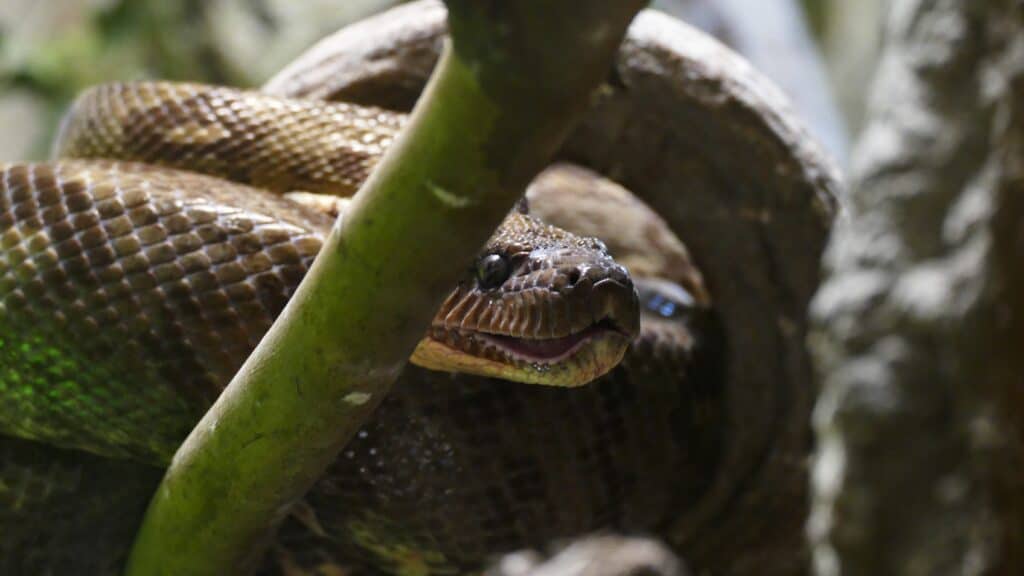
Some goods are better suited to tiny settings or indoor use, whereas others are better suited to big outdoor areas.
Consider these factors while looking for a snake repellent to evaluate which product will work best in your situation.
Endurance
The majority of snake repellents are scent-based, which creates a problem for scent-loving snakes. Snakes, like other species, smell through their nostrils, but they also use a sensitive pair of organs in the roof of their mouth called the vomeronasal or Jacobson’s organ to do extensive smelling. They swish their tongues through the air, capturing smell particles that aid them in hunting their food. Snakes are agitated or bewildered by the odors of scent-based repellents.
The secret to winning is odor intensity, not stickiness.
Pleasant smells such as cinnamon and clove are included in some of the best treatments.
The best scent-based snake repellents have significantly bigger levels of effective toxins allowing them to operate more effectively and last longer.
- Duration: There are occasions where liquid snake repellent is preferable to long-lasting solid solutions. In such cases, choose the more powerful, high-concentration formula. A stronger aroma, once again, is more powerful from the beginning and lasts longer.
There are occasions where liquid snake repellent is preferable to long-lasting solid solutions.
In such cases, choose the more powerful, high-concentration formula.
A stronger aroma, once again, is more powerful from the beginning and lasts longer.
- Procedure: Since they could be sprayed virtually everywhere, the most common snake repellents are smell or odor-based. These treatments employ a combination of natural essential oils and chemical substances to overpower the snake’s sense of smell, reducing its capacity to locate food and possibly causing severe discomfort. Snakes that are frightened or perplexed just abandon the treated area. Indoor and outdoor odor repellents are accessible.
Electronic gadgets
Ultrasonic sound is another snake deterrent method.
Electric gadgets that connect to domestic electrical outlets produce a sound that snakes can’t bear since it’s outside their hearing limit.
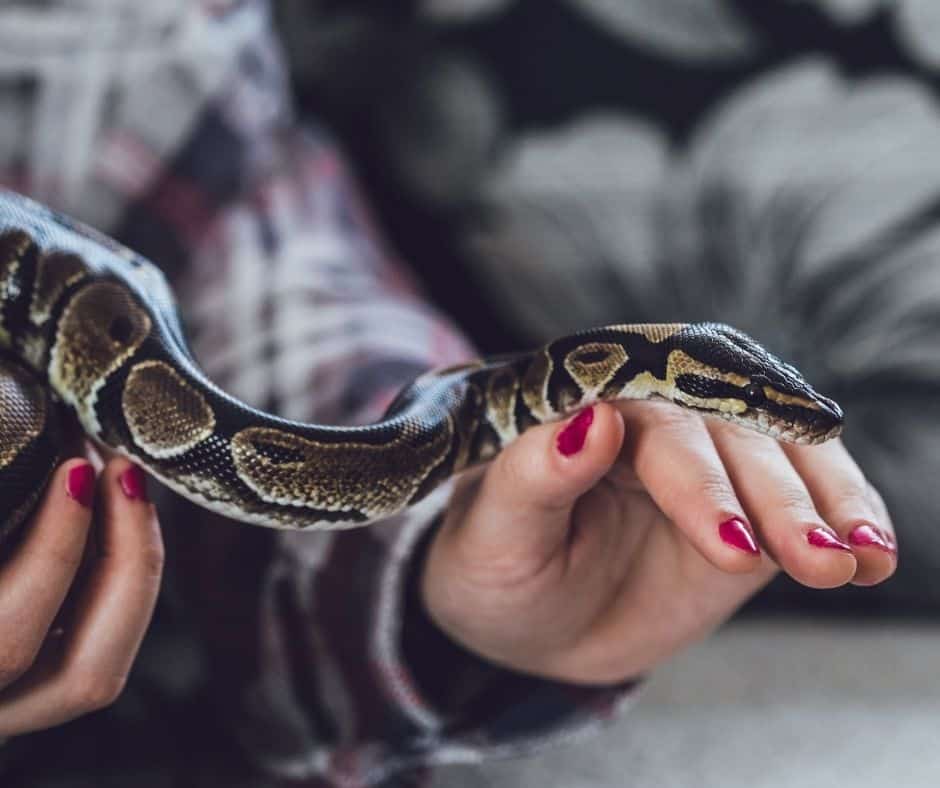
Due to the extreme pain, they gradually abandon the area. Because of their restricted range, these items are best used inside.
- Odor: The finest scent-based snake repellents contain a powerful yet attractive smell that lasts for a long time and is easier to implement.
- Ultrasonic frequency: The strongest ultrasonic snake repellents occupy a vast area and make zero disturbance that can be heard by humans.
Conclusion:
Snakes have forked tongues that they utilize to scent their surroundings by flicking them in various directions.
Snakes have heightened smelling abilities and are extremely sensitive to smells and gases.
Smoke is one of the smells they despise the most. Snakes dislike a variety of smells, including smoke, cinnamon, cloves, onions, garlic, and lime.
You can combine these scents in oils or sprays, or cultivate plants that have these aromas.
If home solutions for snake prevention aren’t helping, call a wildlife control firm for snake removal, preventive advice, and perhaps additional exterminating services such as rodent treatment that may be contributing to the problem.

